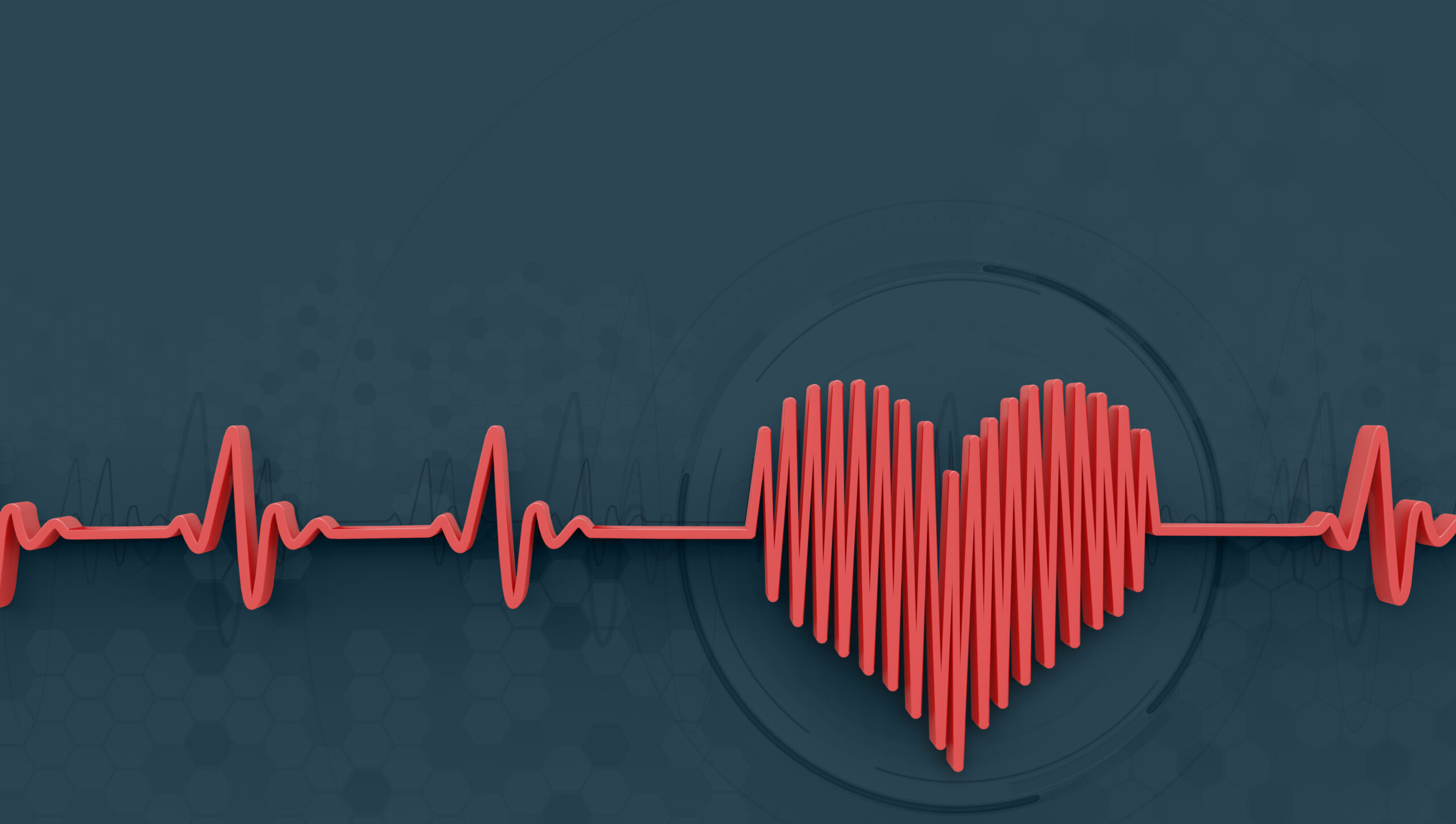There are many widely available mobile fitness apps that are free for anyone to download—such as monitoring nutritional intake through MyFitnessPal or tracking steps through Fitbit. In addition to tracking fitness, the use of apps has expanded to assist people with scheduling doctor appointments, accessing appointment summary visits, or helping patients keep track of medicine. Overall, these apps are mostly free, readily accessible, and they serve as an easy method for individuals to maintain their health through personal means.
Due to the COVID-19 pandemic, healthcare has transitioned to being more accessible to patients at home through the use of technology. Many patients switched from in-person visits to relying on telemedicine in order to maintain patient-physician contact while reducing risks associated with the pandemic. To take remote health monitoring even further, Datos Health, a company focused on remote patient monitoring software, recently announced earlier this year its collaboration with a leading biotechnology company, Amgen, to evaluate the impact of digital health data for improving heart failure therapy.
Heart failure usually develops after other cardiac conditions, such as coronary artery disease or a heart attack, have weakened a person’s heart. In heart failure, the main chambers of the heart become too stiff and don’t fill with blood properly between beats, causing inadequate blood pumping to the rest of the body. If left untreated, patients may need a heart transplant or a ventricular assist device that would be inserted into the chest to help with pumping blood. Treating heart failure can be complex, however, since it often requires multiple prescriptions for medications along with personalized lifestyle changes. Most patients are evaluated infrequently for health updates, so this poses a key challenge to providing the most effective medical therapy since cardiac health is strongly associated with constant monitoring of vitals.
To overcome such treatment complexities, Datos Health provides a fully automated patient monitoring platform that connects patients with medical care resources remotely. Heart failure patients are given wearable devices that track blood pressure, heart rate, respiratory rate, and vitals as they perform daily physical activity. The platform collects data and then transfers it onto a cloud system that allows physicians to view and easily access their patients’ health data in real-time. In doing so, doctors are more frequently updated with their patients’ conditions and can tweak medications or treatment protocols based on the tracked health data. The process is cost-effective and time-efficient for both patients and healthcare resources, reducing the need for in-patient checkups.
Physicians can access data at any time in order to stay up-to-date with their patients’ conditions and adjust treatments, if necessary.
Image Source: sanjeri
Datos Health hopes that measuring vitals through smartwatches or mobile apps will facilitate more personalized therapies and medication adjustments for individuals with heart problems. Due to the pandemic, healthcare has transitioned to providing more online services, and such changes may be here to stay if they prove to be holistic and beneficial for patient health. If the evaluation of using digital health data is promising, it can lead to effective monitoring for heart failure and other health problems as well, such as obesity, diabetes, preeclampsia, cancer symptoms, and more.
Featured Image Source: adimas










